Ramifications of the Israeli-Hamas War have not been confined within Gaza or the Middle East’s borders. Polarisation over the Palestinian cause has reached a new character especially in the Western world where such a trend has never been as deep. Cracks within governments and societies can be traced to a volatility of values, exposure to social media, and demographic changes. With such an unprecedented divide over Western governments tolerating Israeli impunity in Gaza, the West is faced with a moral dilemma which might cost it it’s claimed “moral superiority”.
Keeping it Official
Polarisation among Western politicians has been on the rise over the plight of Gaza as a result of Israeli targeting civilians after Oct. 7, with politicians on the left witnessing this more than their counterparts on the right. In the UK for instance, Labour Party members have spelled their divide over calling for a ceasefire, with apprehension among some over the electoral impact of Keir Starmer’s current policies which are seen as triggering a backlash among Muslim voters.
Spain’s PM Sanchez has also faced troubles; while calling the events of Oct. 7 a “terrorist attack”, the Sumar Party, which makes up the government along with Sanchez’s PSOE Party, has argued that Israel is responsible for any violence given its illegal occupation of Palestine. Sumar members wanted to include the recognition of Palestine in the governing agreement. However, the PM’s PSOE Party turned down the proposal. Additionally, Sanchez removed the Minister of Social Rights after she criticised the “deafening silence” of the West on Israel’s actions in Gaza. Italy has had its fair share of division over the issue, the far left has always supported the Palestinian cause while the right stands at the opposite side, supporting Israel.
Outside Europe, Canada and the U.S. have witnessed a comparable divide; while the Canadian PM has shown steady support to Israel, more than 20 liberal MPs from the left have signed a letter calling for a ceasefire, a position rejected by PM Trudeau who has uttered instead the call for a “humanitarian truce”. Even on the American side, an energized faction inside the Democratic Party has viewed the Palestinian cause as an extension of racial justice movements.
Polarisation has not been kept within single governments, reaching the EU with disagreement among its member states is becoming obvious; a phenomenon which can be easily detected by the difference between Germany’s repeated unconditional support to Israel and Spain and Belgium, whose ambassadors in Israel were summoned after criticizing the latter’s bombardment of Gaza. Splits within the EU Commission have been echoed as well, specifically between the President and members. Von der Leyen has been called a “queen” by EU diplomats, although not in a good way, but for taking decisions as if she was ruling by decree. Top EU diplomats, including Josep Borell, have criticized Von der Leyen after she made an unscheduled visit to Israel following Oct. 7. Borell even issued a public rebuke of Von der Leyen’s acts as he said that she is not entitled to represent EU views without coordination among member countries.
Down to the Streets
When it comes to streets divisions, some believe that the Israeli attack on Gaza is unjustifiable and can be categorised as a genocide rather than war, while others see it as a necessary retaliatory response to the attacks of Oct. 7 and that the Middle Eastern pariah has “the right to defend itself”. While this divide has always been there, this time it has taken on a new character both on screens and on streets all over the world. The plight in Gaza has been generating a response in Western cities as never before. Rallies have been decrying the Israeli offensive and accusing their respective governments of collusion.
Even Hollywood has become polarised, a rarity in an industry that has almost always shown unity on political issues; from opposition to Trump to the support of reproductive rights. However, the Palestinian cause and Israeli occupation have created rare cracks. The firing of actress Melisa Barrera from “Scream” and her co-star Jenna Ortega’s dropping out as a possible show of solidarity have been given as recent examples of cracks within Hollywood over the issue.
Public polarisation can be a result of the echo chamber effect of social media; many people have been watching footage of the Oct. 7 attacks and the destruction it has left behind while others have been following the atrocities in Gaza. The influence of social media, especially among younger generations, is evident and has proved the validity of social media’s echo chamber effect throughout the Israeli-Hamas War. The recent widespread dissemination of Osama bin Laden’s “Letter to America” among teens has been a manifestation of this.
However, inferences about social media’s causal effects can be falsified because algorithms show people what they have chosen to be exposed to in the first place. Nonetheless, it cannot be neglected altogether given its importance in feeding specific nascent thoughts in youth. Accordingly, explanations to the growing sympathy with Palestinians among younger American generations include the effect of the Black Lives’ Matter movement and parallels between the treatment of people of colour in the U.S. and outside of it, Palestinians in this case, and the waning memory of 9/11, all intersecting with videos and images of Palestinian plight and agony in Gaza.
This can also be traced to demography and the origins of the competing forces. The Muslim population in most Western European countries are growing. In Germany, a considerable portion of the population has roots in Syria and other counties who are pro-Palestine. However, a contrary strain is from German collective guilt attributed to the Holocaust and its atrocities in World War Two. France, hosting the largest Muslim and Jewish population in Western Europe, has had both terrorist attacks led by extremist Islamists as well as rising anti-Americanism and collective guilt of French colonialism in the Arab world.
For this reason, it is understandable why the same kind of polarisation was not evident when Russia attacked Ukraine, while the war in Gaza is essentially splitting the West. Meanwhile in the U.S., there is also a demographic wrinkle, young Americans are less inclined to support Israel and are much more sympathetic toward Palestinians compared to older generations.
Finally, it is not only about the polarisation of the West but the loss of its “moral superiority”. For decades, Western values have proven to be the epicentre of all values and were advocated by Western politicians as the ultimate virtues. However, this War has proven the opposite. Due to the sheer number of deaths among civilians, the West is suffering from a damage to its reputation. Western allies are being accused of double standards and hypocrisy for taking the side of Israel especially compared to their firm stance toward Russia following its attack on Ukraine.
It might be the case that some Western politicians have started to acknowledge this, explaining the changes in rhetoric and language. This is not to say that whoever sympathizes with Palestine is doing so for the sake of rescuing an already fraying reputation but it is probably the case that Western values themselves are not comprehended in the same way by the entire population. Some believe that defending Western values means defending allies of the West while others believe in a more holistic approach where people from different walks of life should be treated equally under the same set of values.
References
Economist, The. “The Culture War over the Gaza War.” The Economist, 2023. https://www.economist.com/international/2023/10/28/the-culture-war-over-the-gaza-war.
Epstein, Reid J., and Anjali Huynh. “Democrats Splinter over Israel as the Young, Diverse Left Rages at Biden.” The New York Times, October 27, 2023.https://www.nytimes.com/2023/10/27/us/politics/biden-democrats-israel-2024.html.
Ingram, David. “Is It Tiktok? Here’s Why Some Young Americans Sympathize with Palestinians.” NBCNews.com, 2023. https://www.nbcnews.com/tech/internet/tiktok-s-young-americans-sympathize-palestinians-rcna124476.


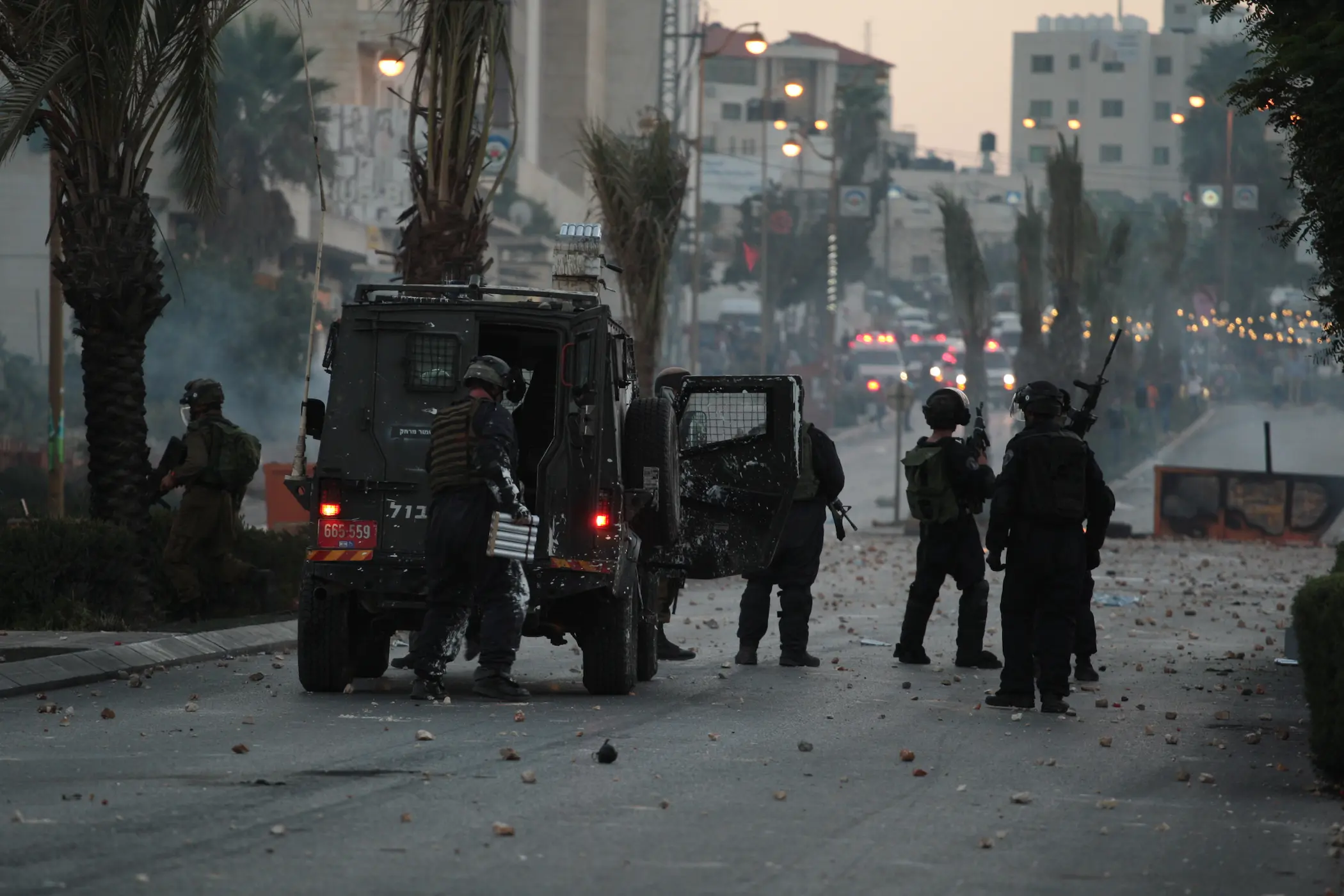




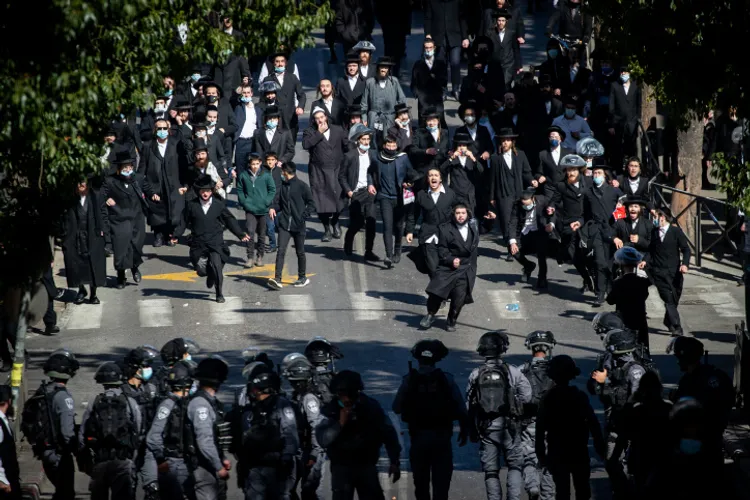
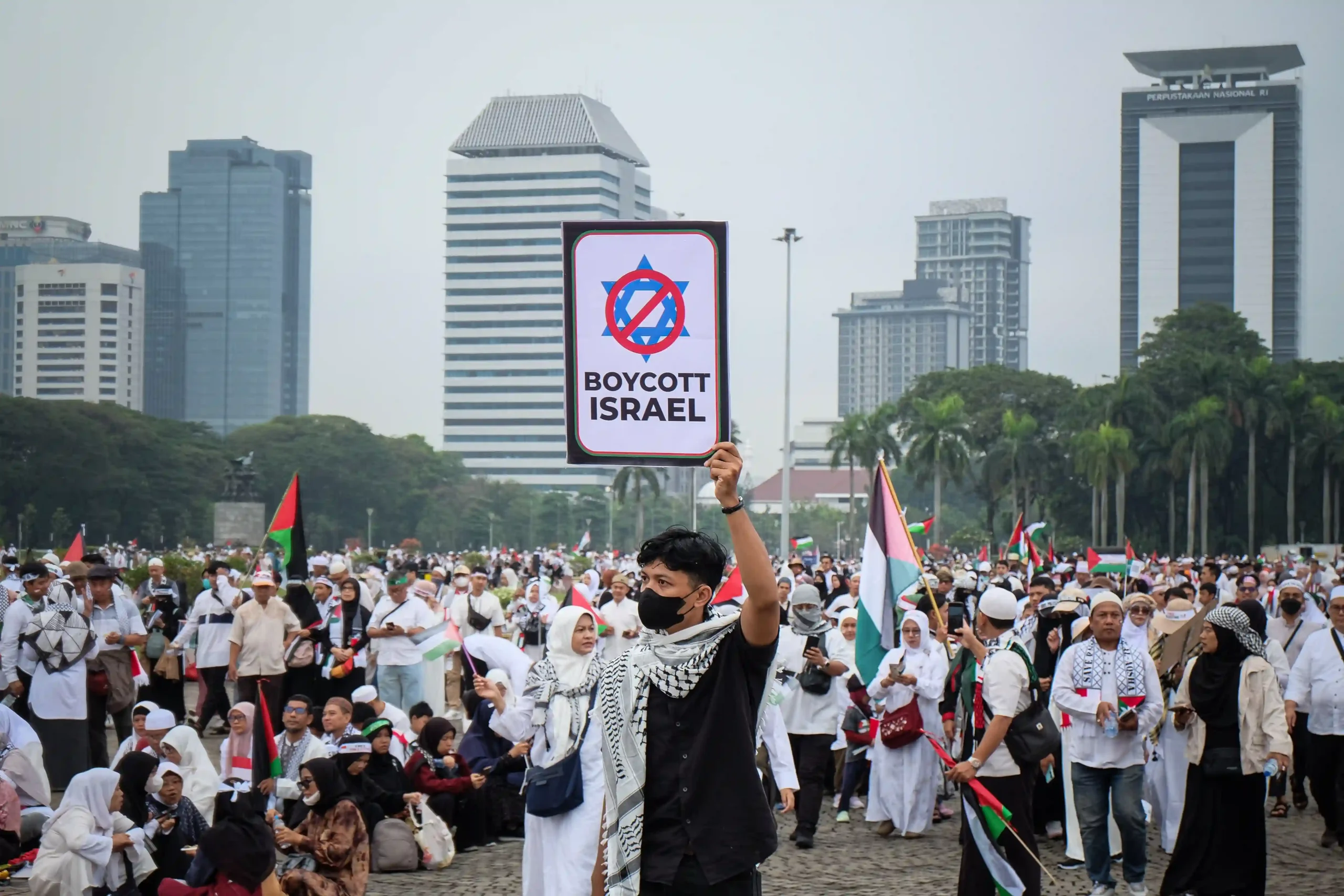

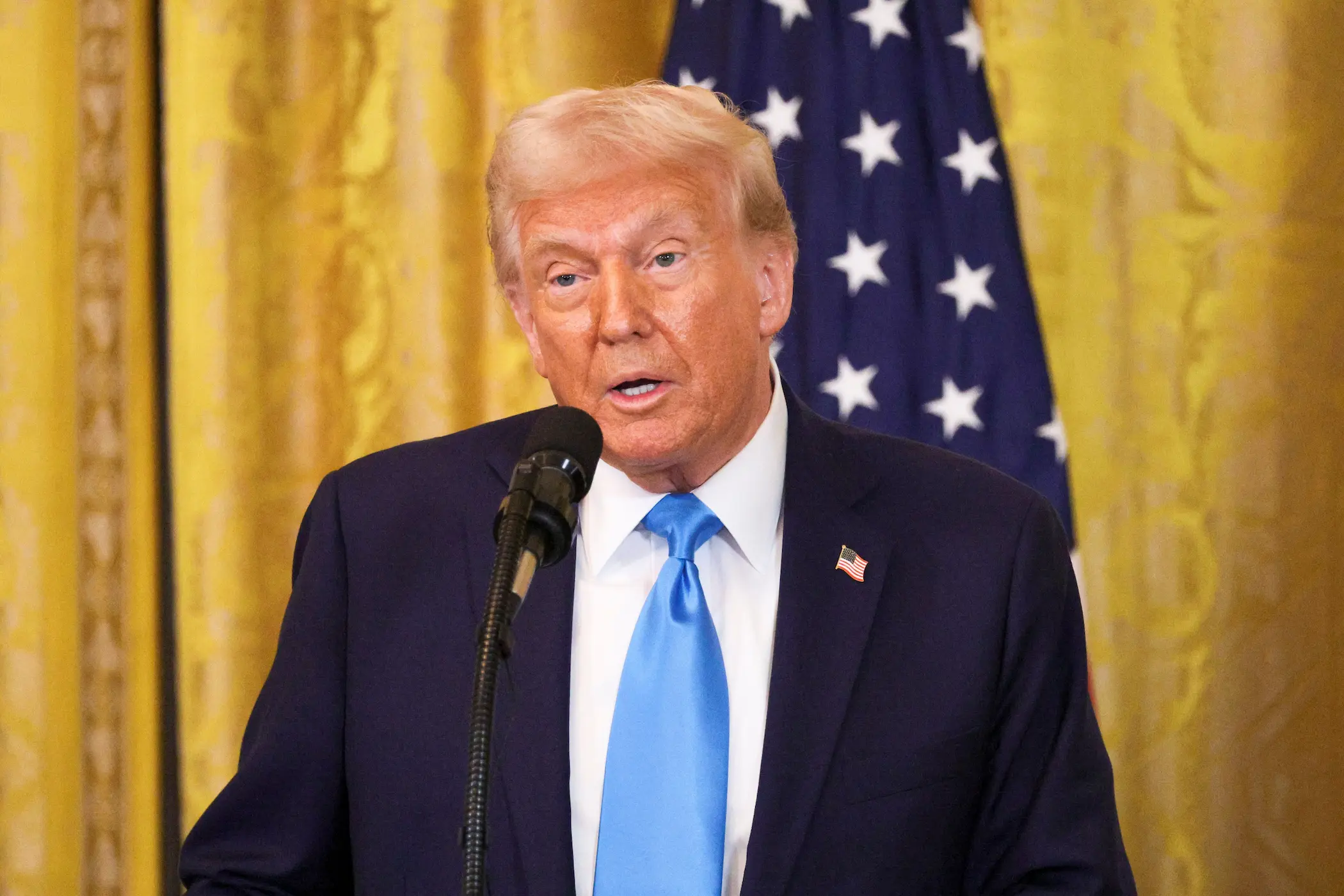
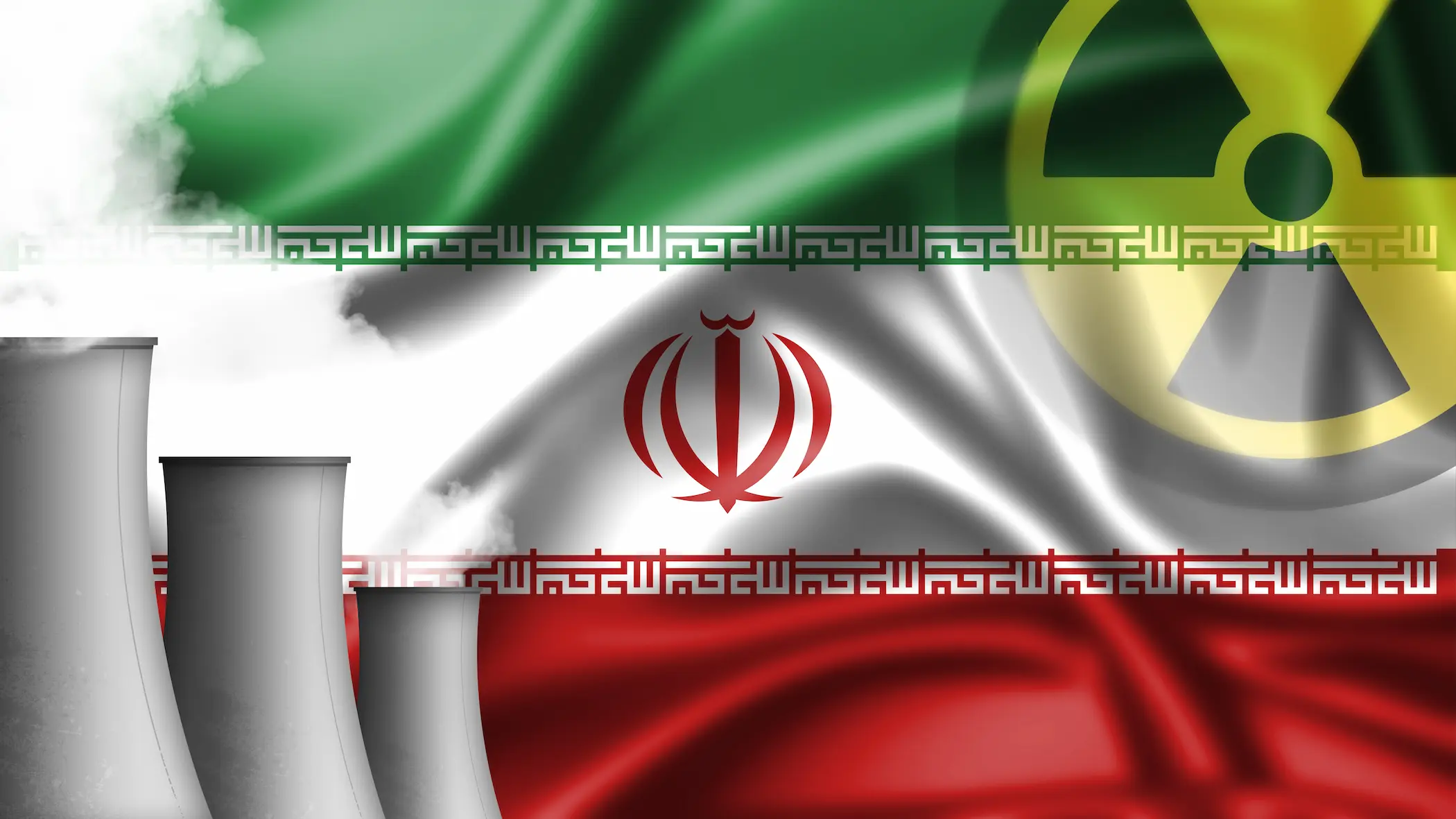
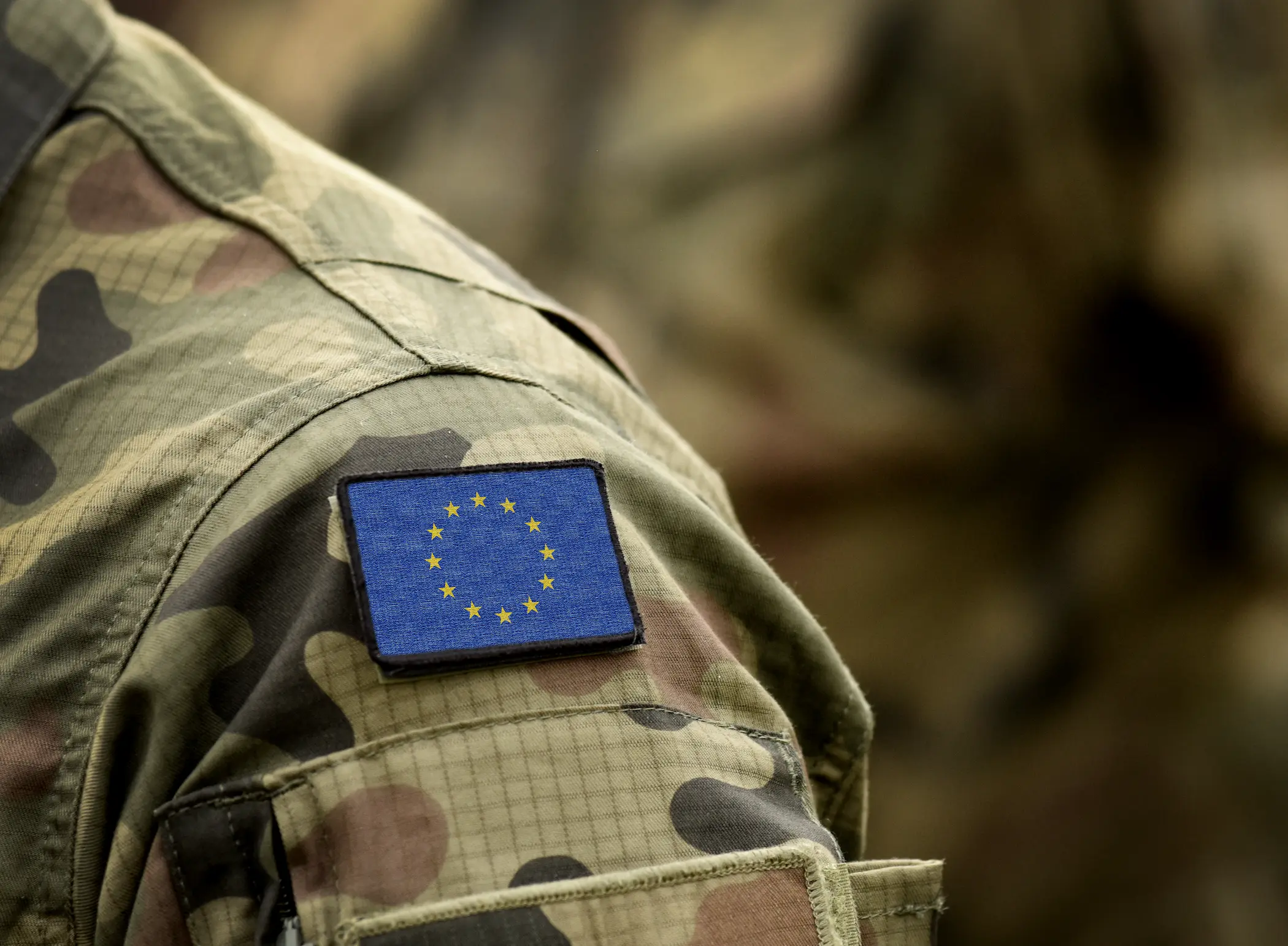


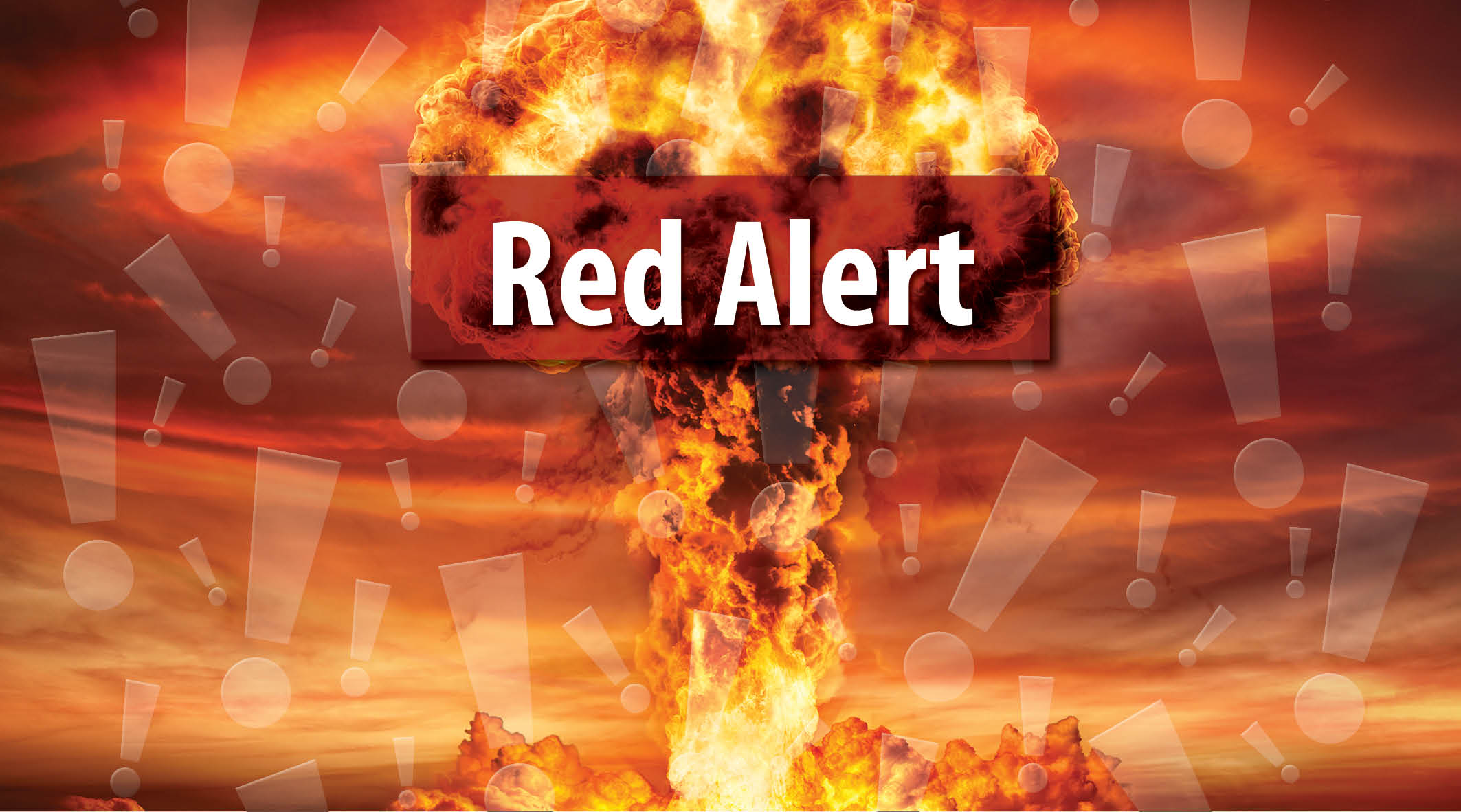
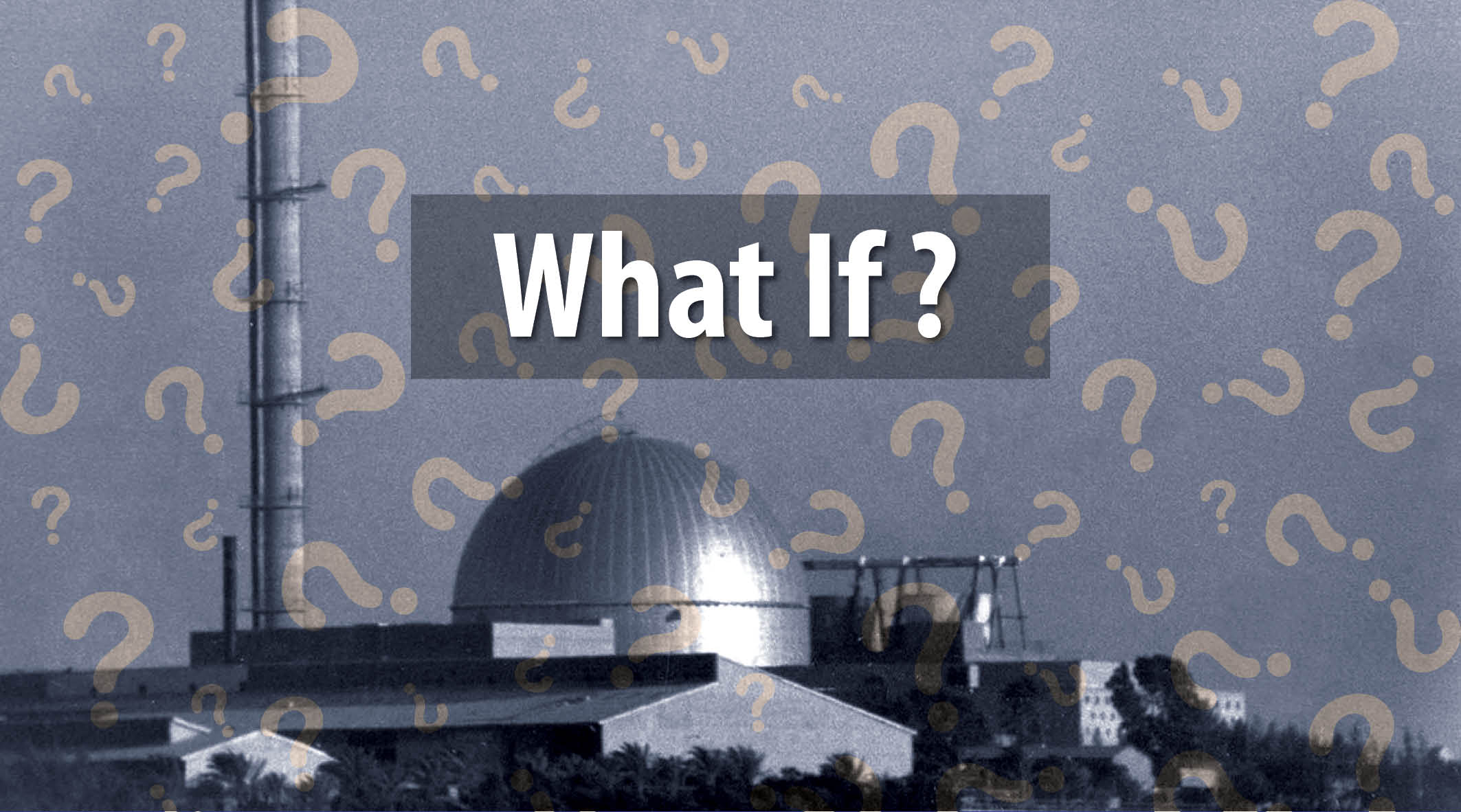
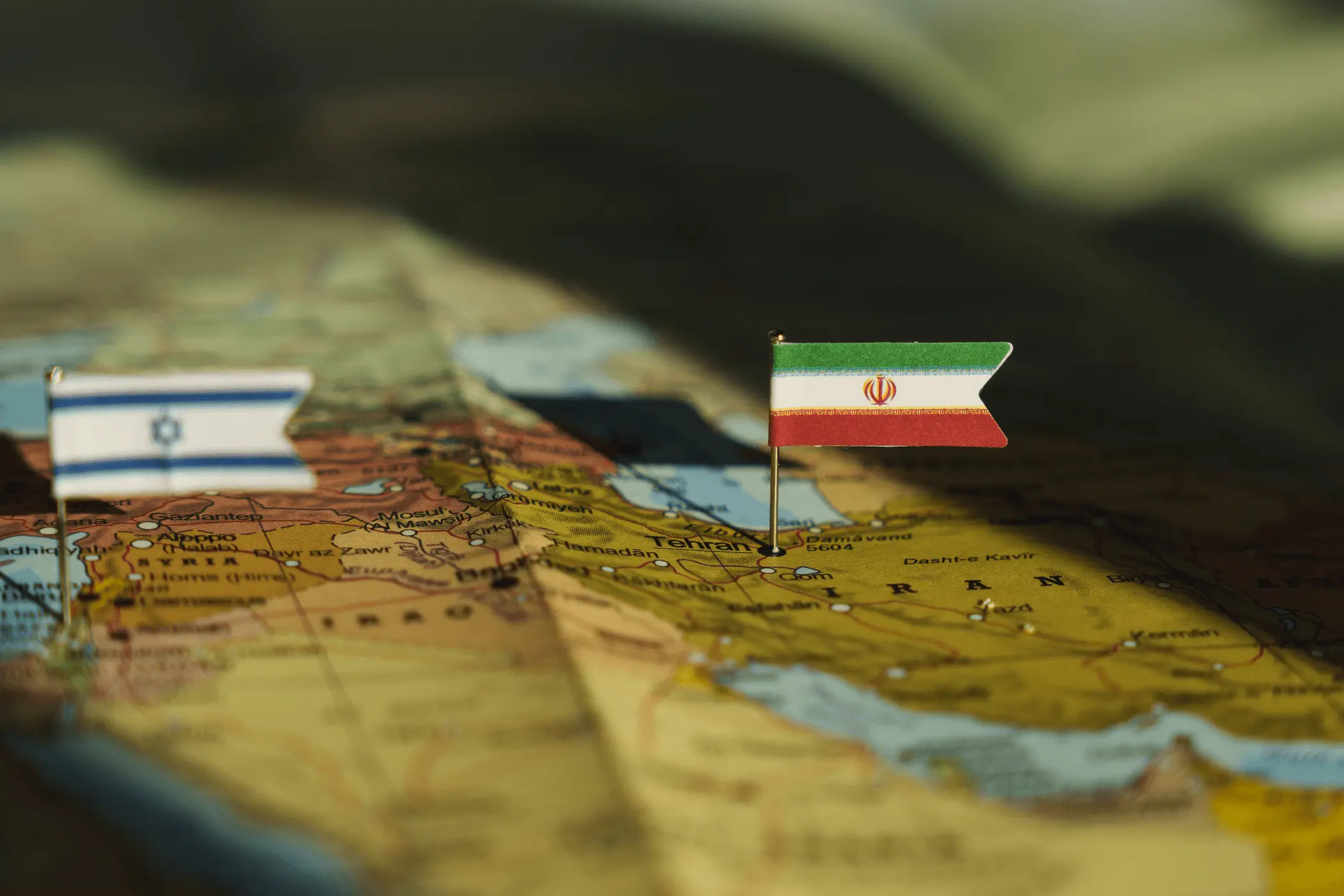
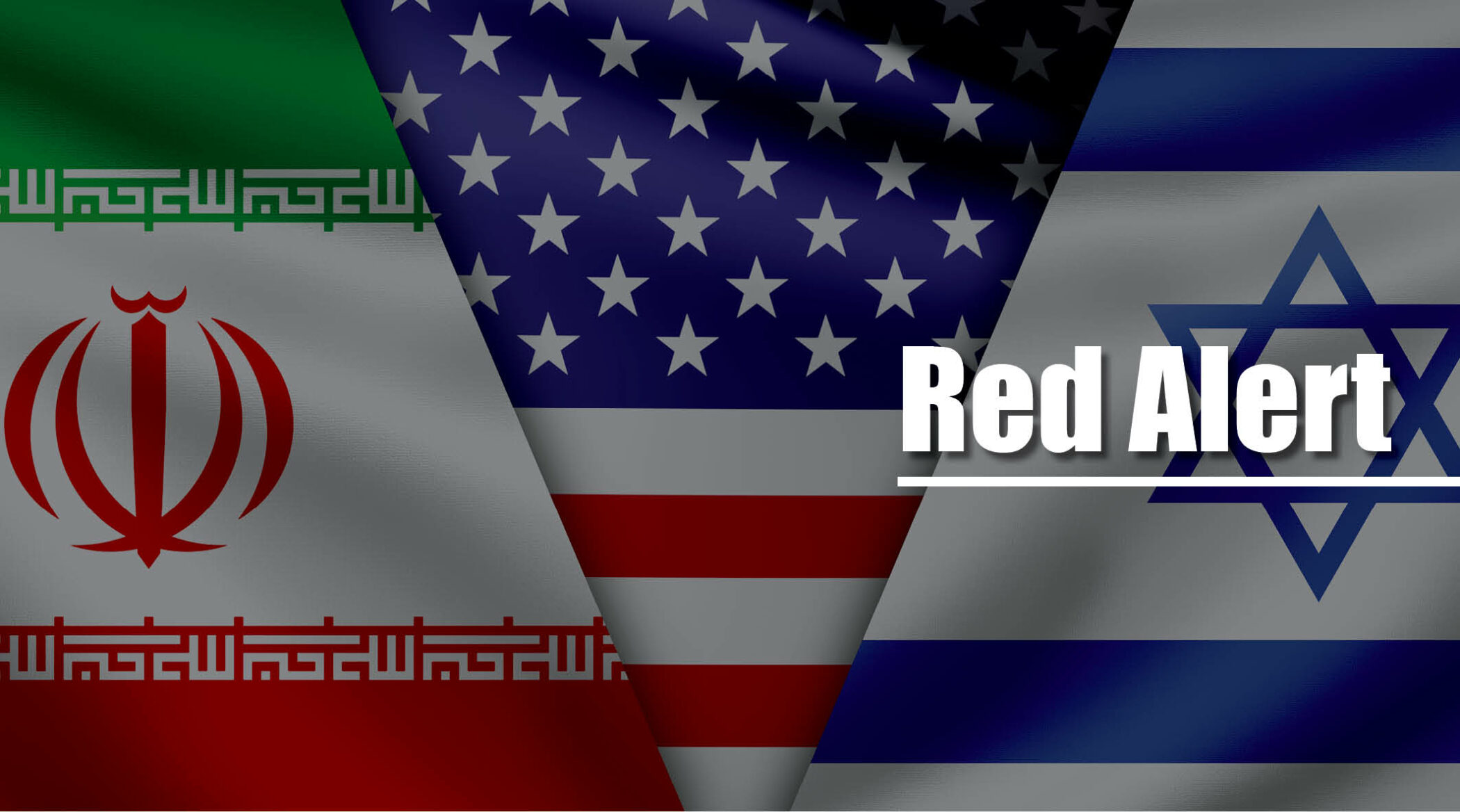
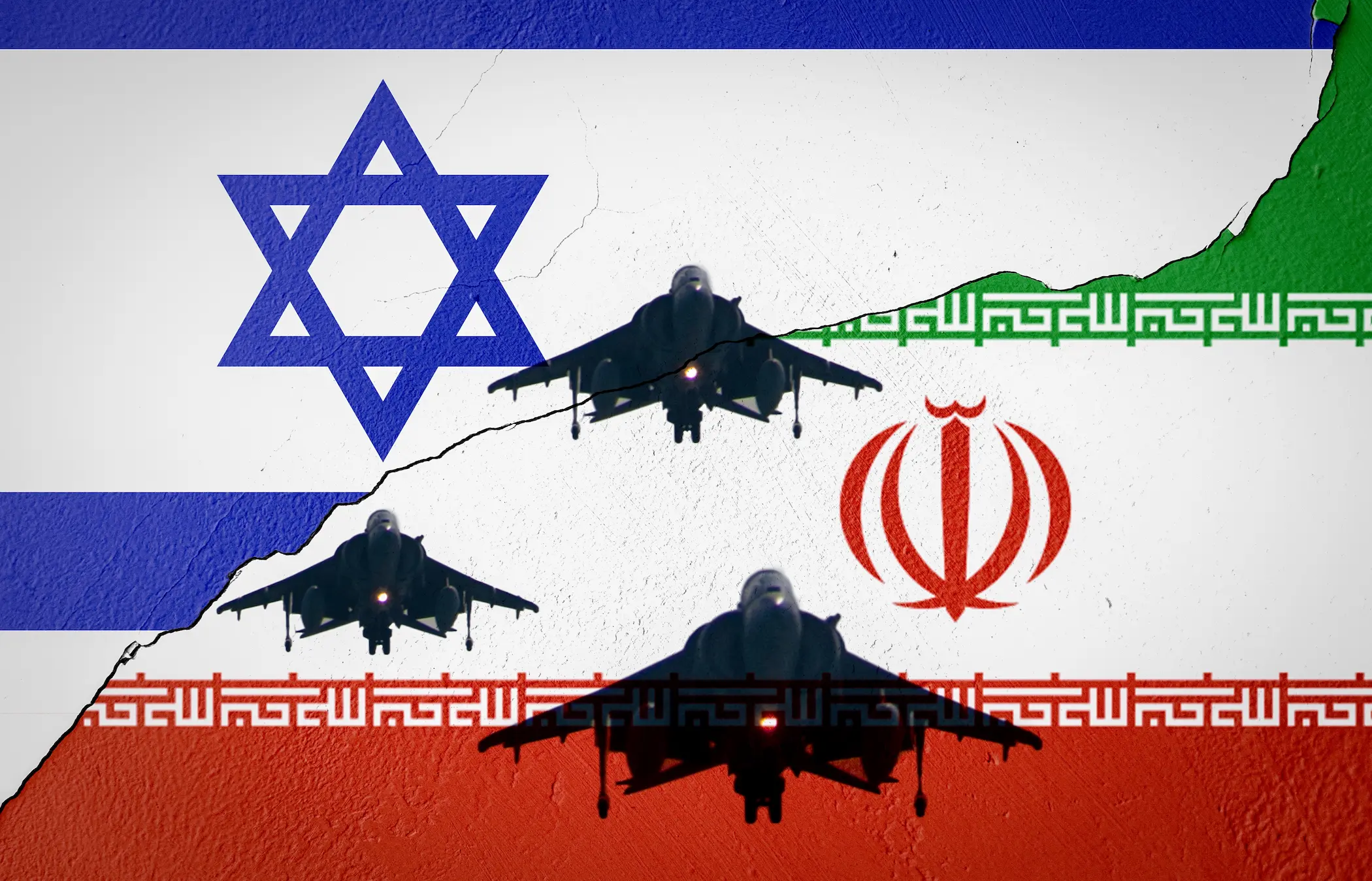


Comments